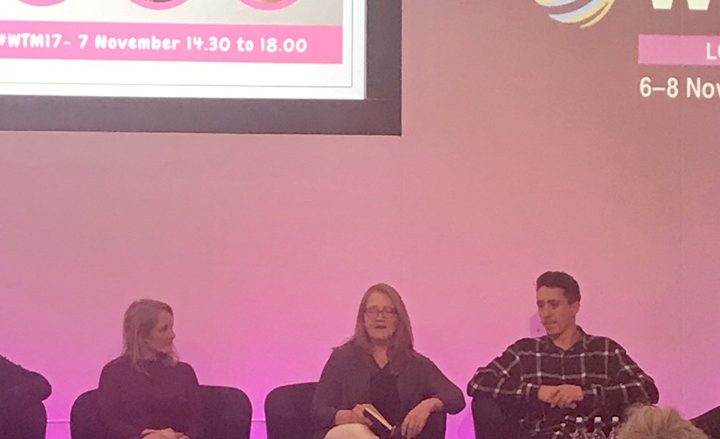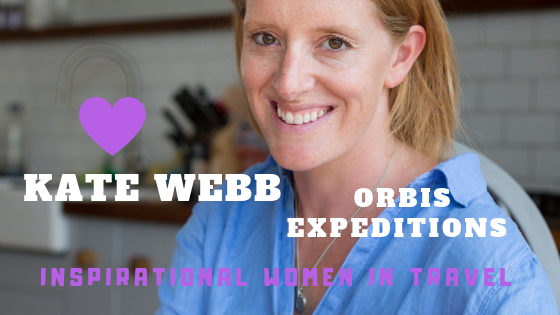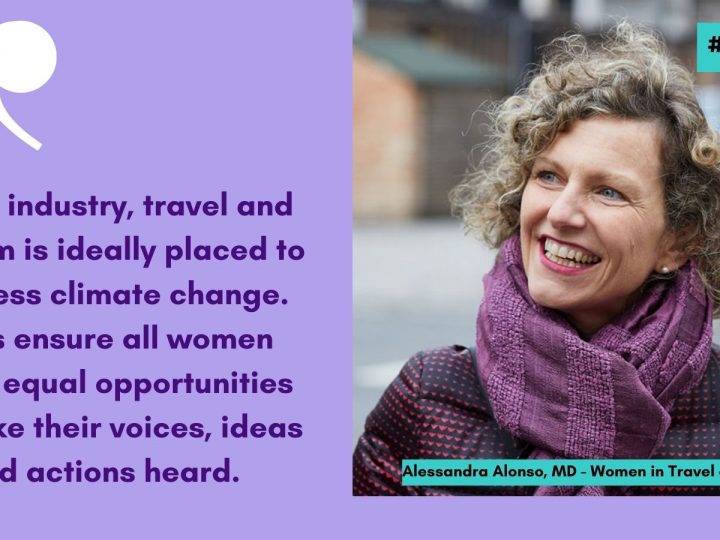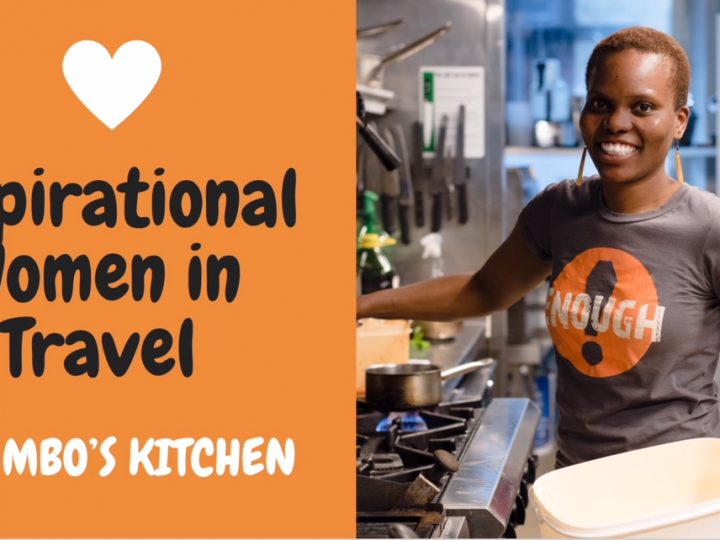
For my latest blog I am delighted to interview the passionate founder of Earth Changers, Vicky Smith. Like me, Vicky is passionate about empowering women through sustainable tourism and giving women the tools to make purism more sustainable.
Here she tells us about her career to date and what Earth Changers is all about.
Q Tell us about your entrepreneurial journey to date…
A I fell into travel after a Dual Honours International Business and French degree, I wanted to take a year out, spend some time in France using my language, and work for a ski company, I was told it would ruin my career. So in 1995 I went to work as a ski resort manager for Crystal Holidays. The staff management and long hours were tough, but it was the best grounding in tourism operations, consumer understanding, and entrepreneurialism too.
Back in the UK with always itchy feet, I worked as an international conference director in a start-up company. First Conferences were the first in London dealing with internet tech and how it was affecting different industries. I learnt a lot about building B2B online and offline communities, but I missed the travel industry and later went to work for Teletext Holidays, where I was part of a virtual start-up team within a big media organisation, and then Virgin Holidays.
By now my eyes had opened to responsible tourism and the entrepreneurial skills to start my own travel website, but I knew I needed more sustainable tourism product and sector knowledge.
It took me a decade to gain that and with a MSc in responsible tourism management to finally be in a position to create my own start-up Earth Changers which promotes some of the very best positive impact, sustainable tourism around the world.
Along the way, I’ve also had the great fortune to work with fabulous entrepreneurial women running great travel businesses, such as Debbie Marshall at Crystal, Sarah at Different Travel and Andrea at Green Tourism, as well as being taught by one of the top female ranger trainers in South Africa!
It’s not an easy ride to be entrepreneurial, you have to be tenacious and do what it takes with a lot of hard work, especially if you want to change the world! You can launch entrepreneurially into something, without knowing too much. But if trust is key in travel, credibility is vital in sustainability. Prioritising people lives and dealing with livelihoods, you have to be responsible.
Q how did your passion for sustainable tourism start?
A In 2001 I went on 2 holidays to friends’ weddings: One, to New Zealand, all open roads, stunning scenery, interacting with locals, appreciating heritage; The other, to an East Kenya beach and safari, where I got a cheap deal through work, and witnessed an All Inclusive where All the benefits of tourism were in the resort, none shared to outside. That was the seed that grew until I couldn’t wait longer, and I returned in 2006, having left my ecommerce marketing job, and wanting to connect with tourism that had a purpose, not just ‘frivolous tourism’. That became my real life-changing trip. I volunteered on a lion conservation project (very big cat diary), living on a private reserve in northern South Africa, I travelled through South Africa, Namibia, Botswana and Zambia, and I spent some time on community development projects. I was horrified in Botswana when the average age expectancy at the time, was mine, 34. Largely because of HIV, unavailable or inaccessible medical support, lack of nutrition, water and education issues. And yet there were tourists and money. I thought, tourism can help here, help this.
Q What challenges and opportunities do you encounter in convincing people to travel more sustainably and how do they make you more determined to succeed?
A Often people assume it’s either expensive luxury, or spit and sawdust basic; realistically it can be both and everything in between. A challenge is people don’t know where to find it, or how to discern the difference, all of which which I hope to show with Earth Changers. Tourism can hugely support and reach corners of other less well off countries in ways no other industry can. Most of the 50 least developed countries in this world have tourism in their top 3 export sectors, if not the top. To cut aviation is to cut off a life-line to developing countries. But that means flying, and obviously carbon is a big problem for climate change. And so I talk on my site about how tourism positively impacts poverty, health, education, employment, inequalities, and each of the other sustainable development goals, as well as how to reduce your carbon impact or reduce your plastic consumption when you travel for example.
Sustainable tourism is about being transparent. So we don’t shy away from big issues and tough questions. Rather, Earth Changers is about saying ‘what can we do about them as a tourism industry or tourists’, demonstrating with examples and stories what is being done where by whom.
Q Can sustainable tourism really empower women? do you have some examples to share?
A Yes, absolutely. Let’s take Chumbe Island off Zanzibar. Set up by an incredible woman, Sibylle Riedmiller, who set out to prove conservation and education can be funded by ecotourism alone, in creating the first private marine park in the world. Responsible tourism considers locals first and engages with the local population. You can’t do that and ignore 50% of the population. Women make up 40% of the workforce currently, in a Muslim country.
Many destinations have women’s cooperatives to introduce them to work, developing skills and empowerment – but it has a huge effect on the home too. In Madagascar, a charity women’s embroidery project has grown from 11 ladies to tens, making thousands of pounds and selling on the international market online. Importantly, as a result of the women earning money, they buy better food for the household, go to the doctor more often, and their children’s attend education more. They also support others in the community – an average of 11 extra people per woman.
We also promote ocean exploration and conservation aiming to highlight, enable and empower women in STEM (science, technology, engineering and maths) and the wider sporting community with all-female eXXpedition trips, looking not just at ocean toxins and plastic pollution, but how as endocrine disruptors they might affect womens health, where historically, studies on the effects of chemicals on human health have largely focused on men.
You can read about these and more examples of Gender Equality and Female Empowerment on the site.
Q. If you encountered a gene in a bottle, what 3 wishes would you like to see fulfilled?
- That the world wakes up to climate change and understands how our everyday unthoughtful actions impact the very people who need or can deal with it least, half a world away.
- That people care about communities and conservation to make an active choice for more responsible tourism.
- That Earth Changers is a successful business that helps change the world and create great positive impacts.




